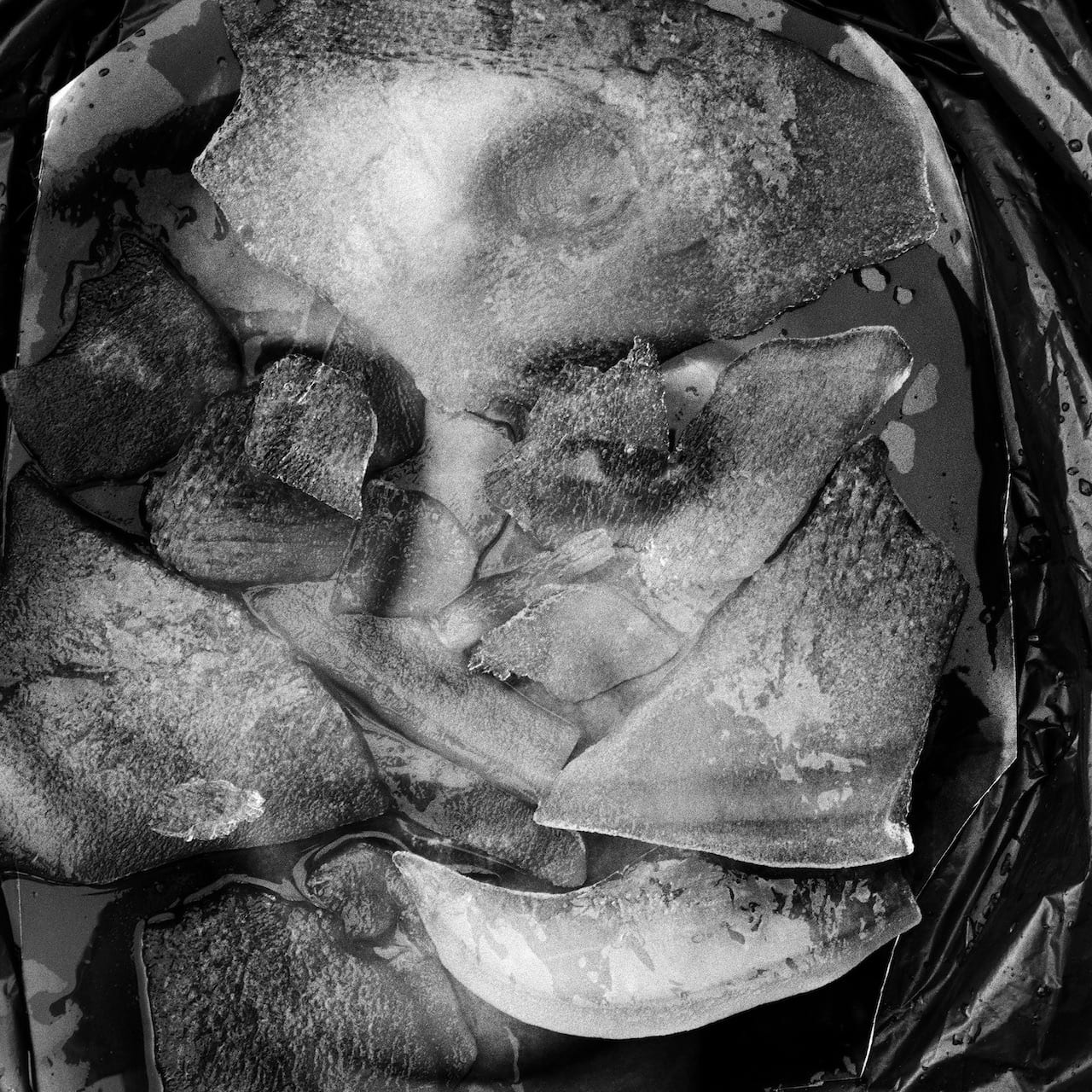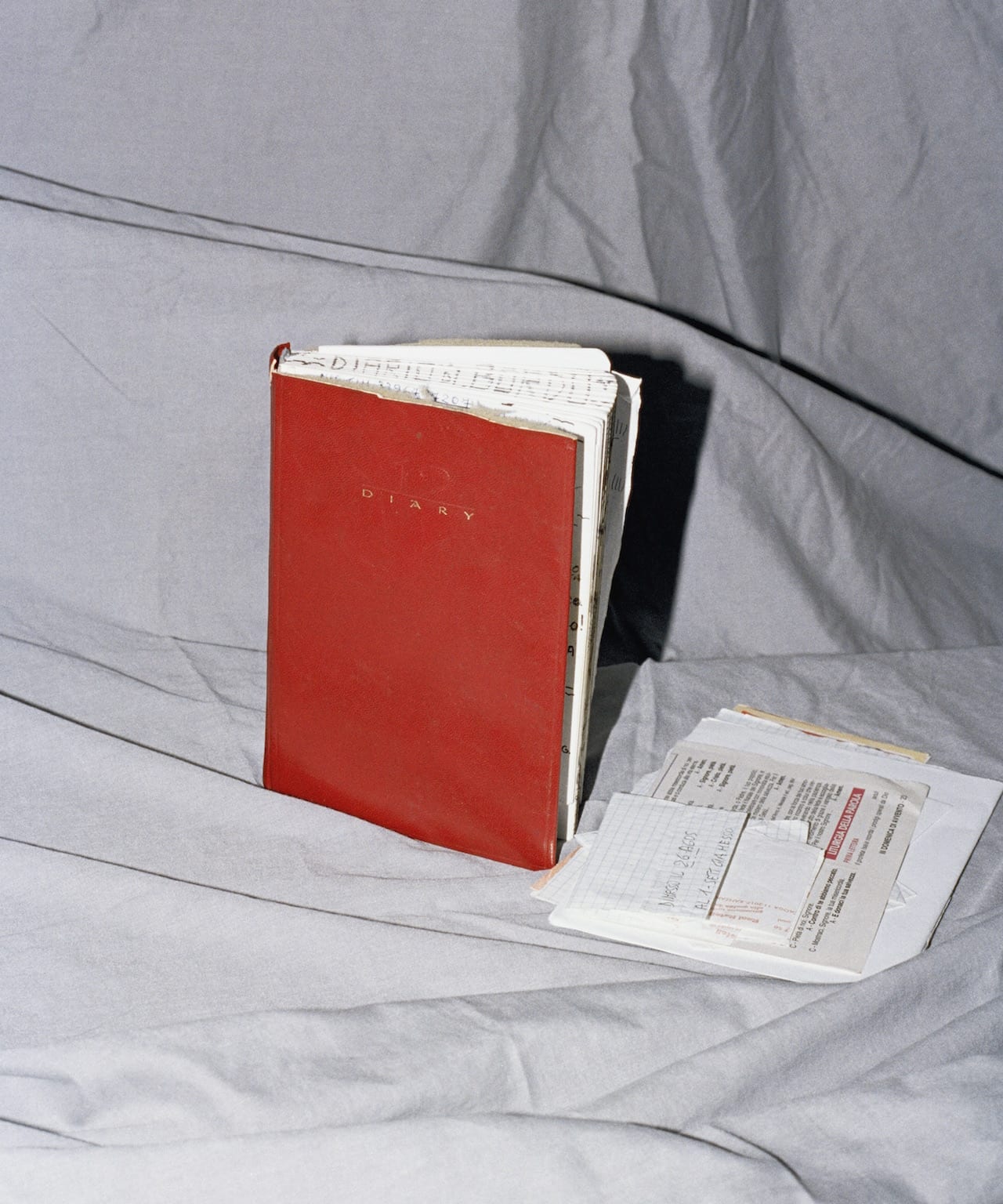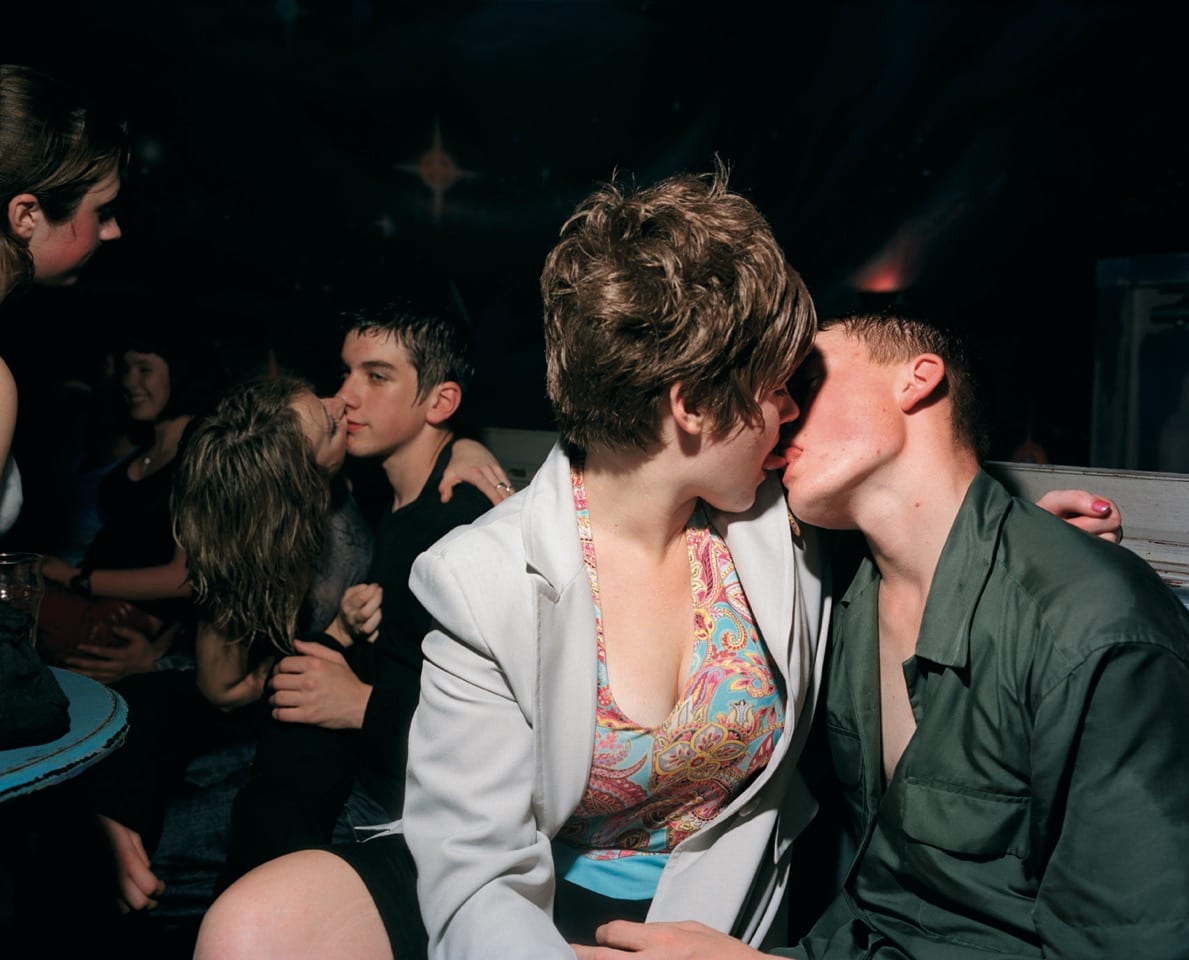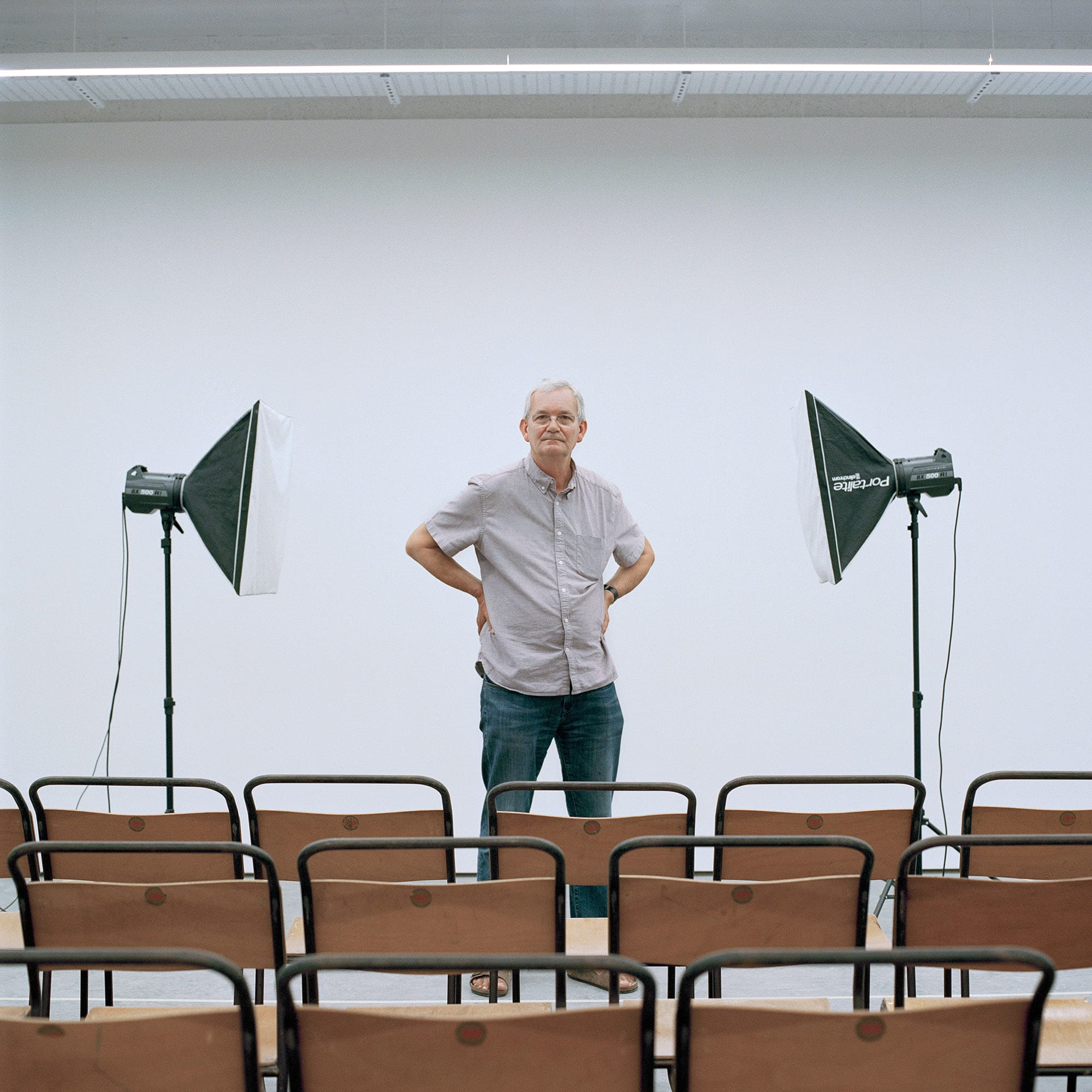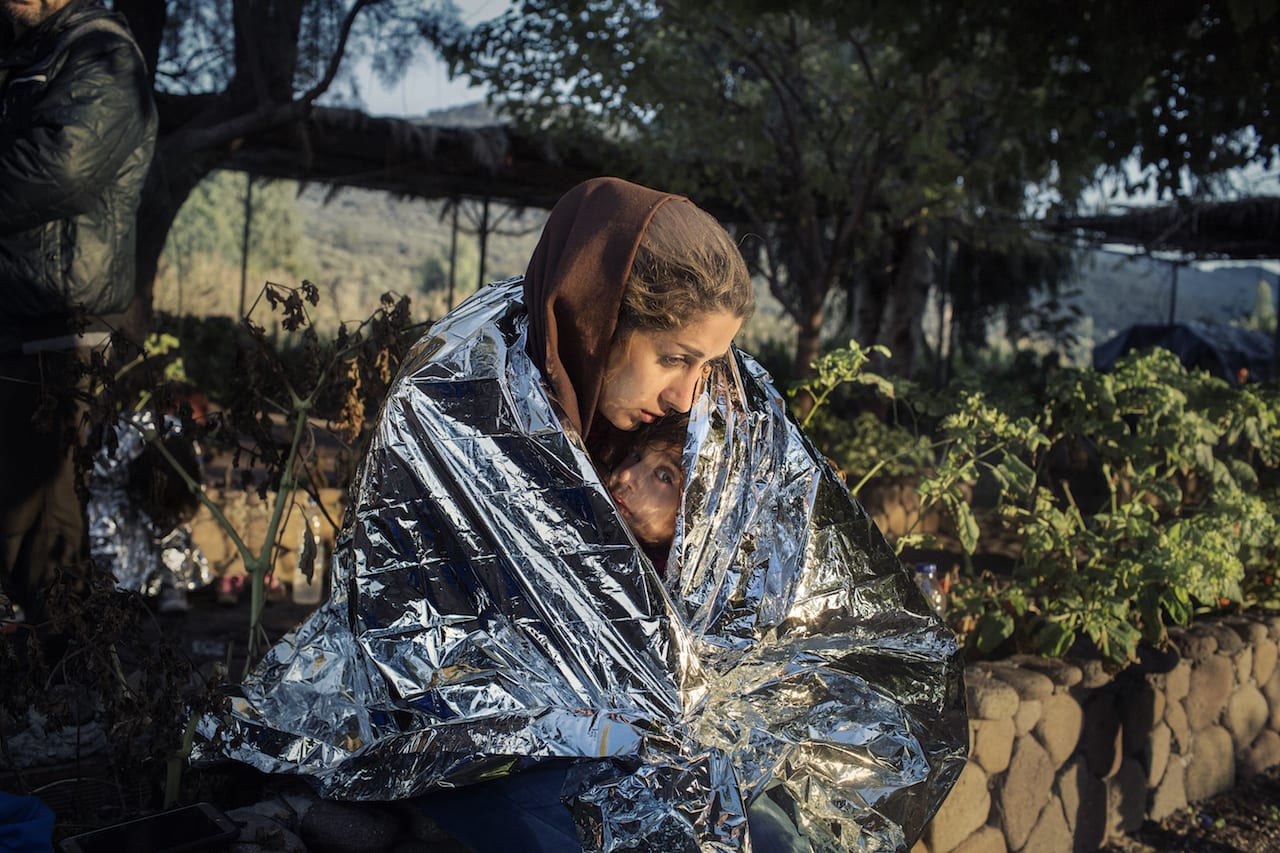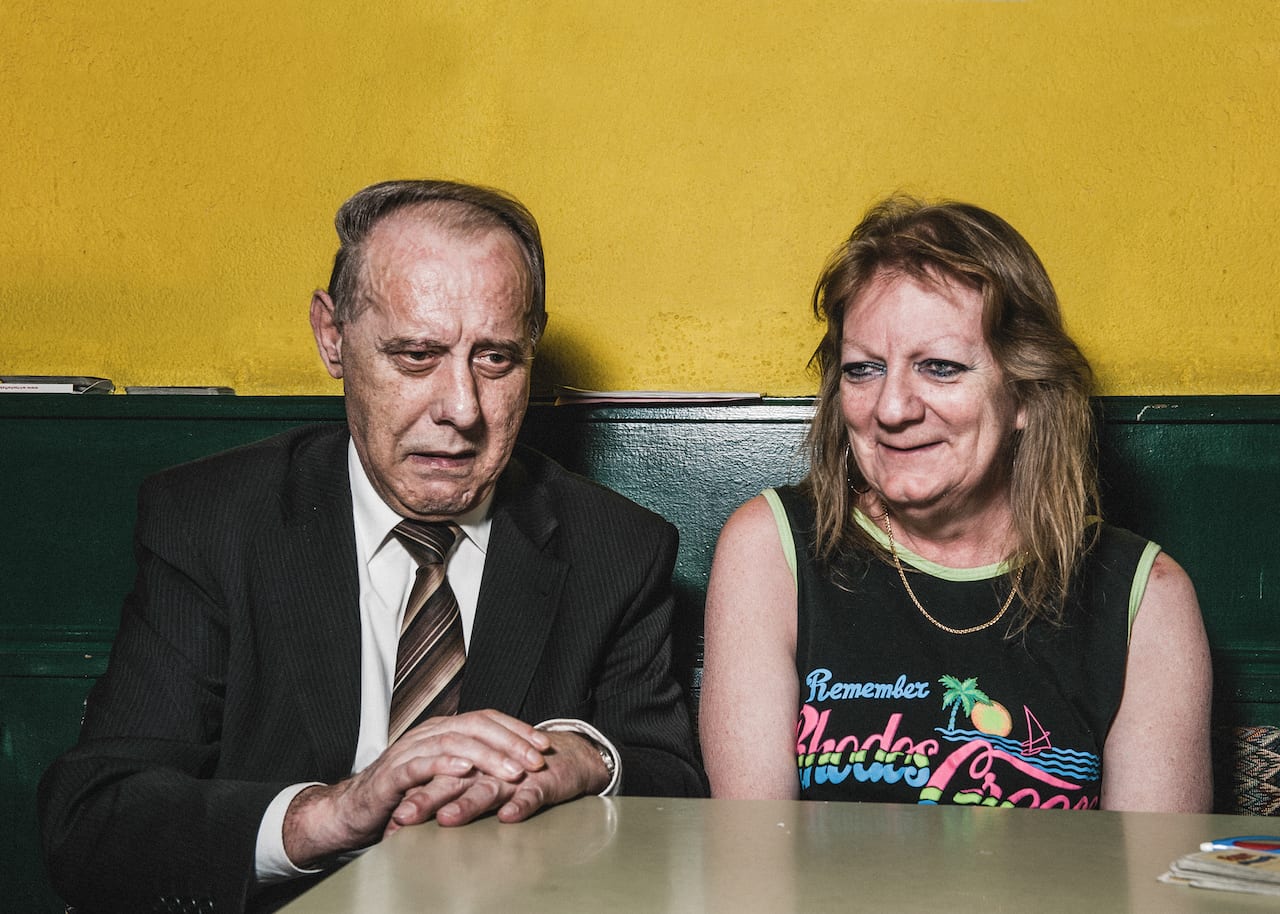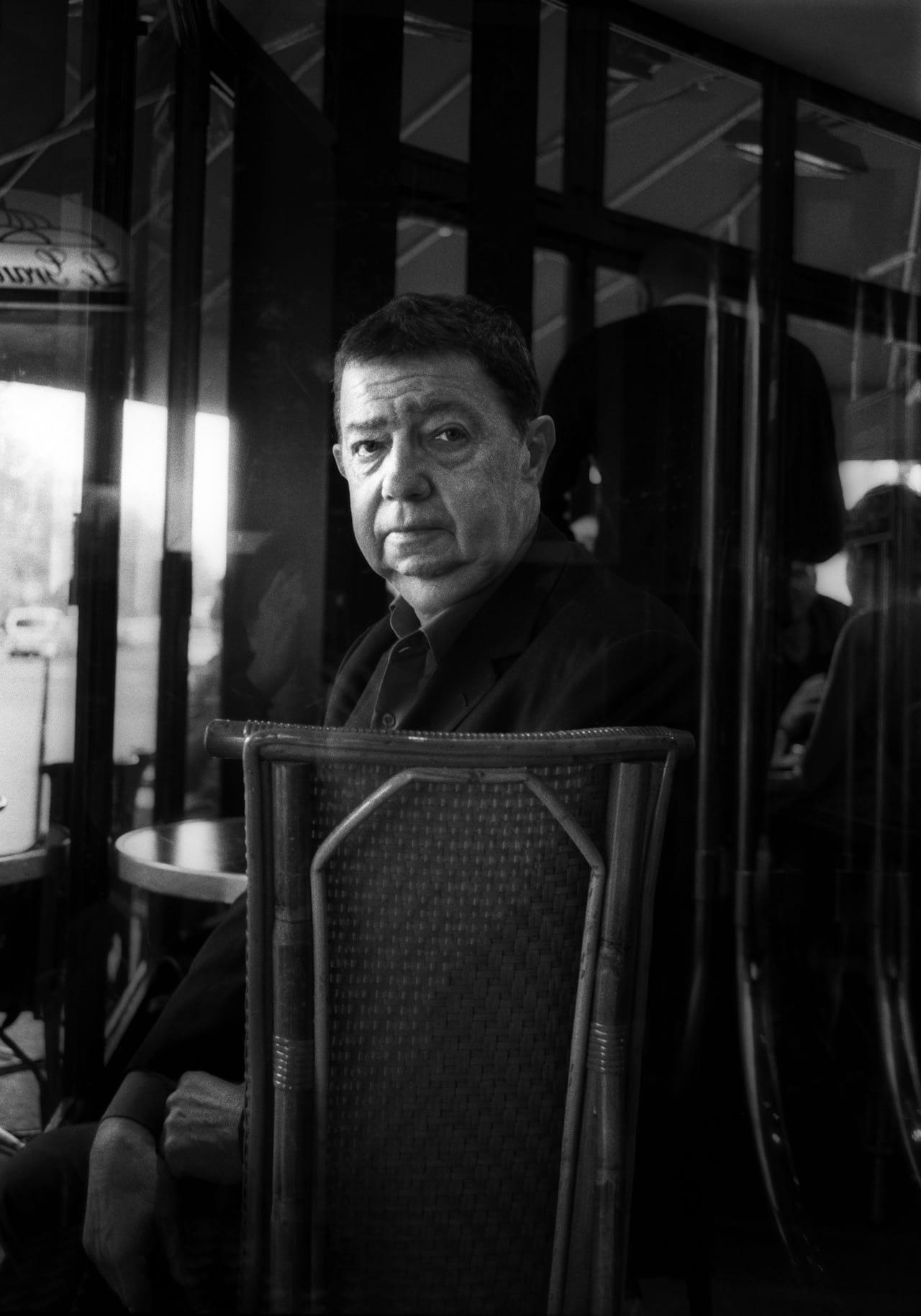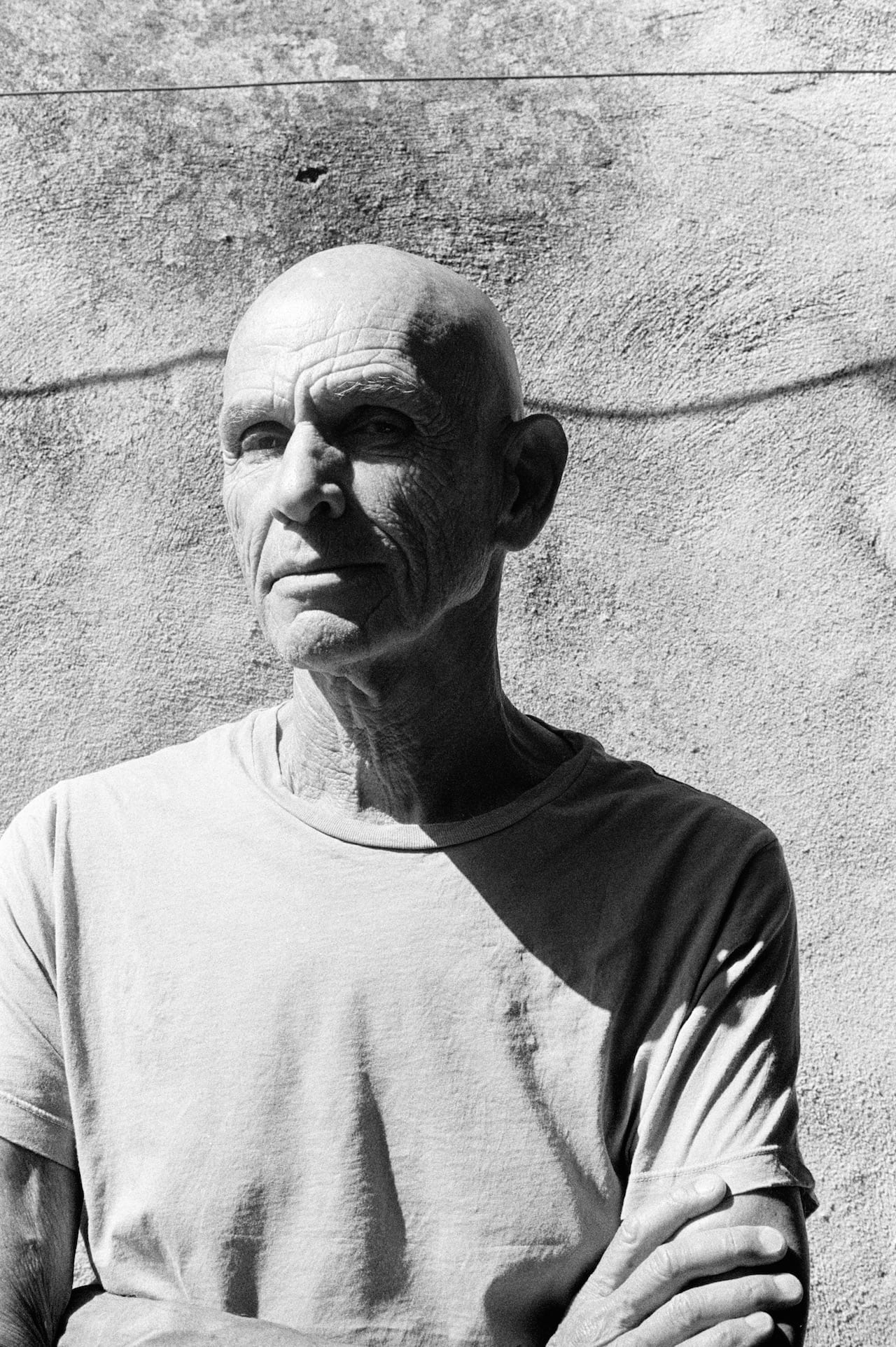Katie Burdon’s ethereal fashion images make no secret of a childhood spent outside in the English countryside. A Cornish native, the 20-year-old first began taking photographs when she was 14, using her friends as models and the picturesque fields, woods, and seaside of her surroundings as her backdrop. Now a graduate of the University of Bournemouth, her practice has evolved into an intimate and considered portrayal of femininity through fashion photography. With a rich yet hazy 1970s-inspired palette and surreal undertones, Burdon’s photographs are elegant in their composition, yet still capture something of the raw and playful nature of youth. Determined to counteract the impossible beauty standards of the imagery she grew up with, the young photographer prefers being real and “celebrating women”, choosing models with big personalities.


